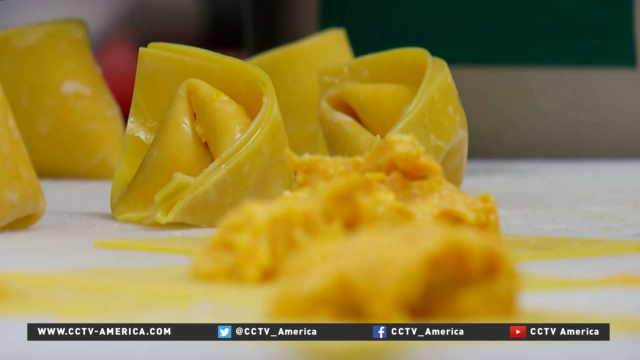Startups have a high failure rate. When it comes to culinary startups, there are unique challenges such as expensive equipment, health and safety regulations and the ability to lure consumers away from well-established brands. All of these together can deter chefs. One way food entrepreneurs can get their foot in the door is by using food incubators to share the burden.
CCTV America explored an innovative program turning home chefs into successful entrepreneurs.

Food incubators help budding chefs launch culinary companies
Startups have a high failure rate. When it comes to culinary startups, there are unique challenges such as expensive equipment, health and safety regulations and the ability to lure consumers away from well-established brands. All of these together can deter chefs. One way food entrepreneurs can get their foot in the door is by using food incubators to share the burden.Kate Taylor of Entrepreneur magazine discusses challenges in culinary startups
Startups typically have a high failure rate, and culinary startups have even more unique challenges. Obstacles include expensive equipment, health and safety regulations, and the need to lure consumers away from other establishments.
CCTV America interviewed Kate Taylor, a staff writer for Entrepreneur.com about the upsides and downsides to starting a food-related business.

 CGTN America
CGTN America
